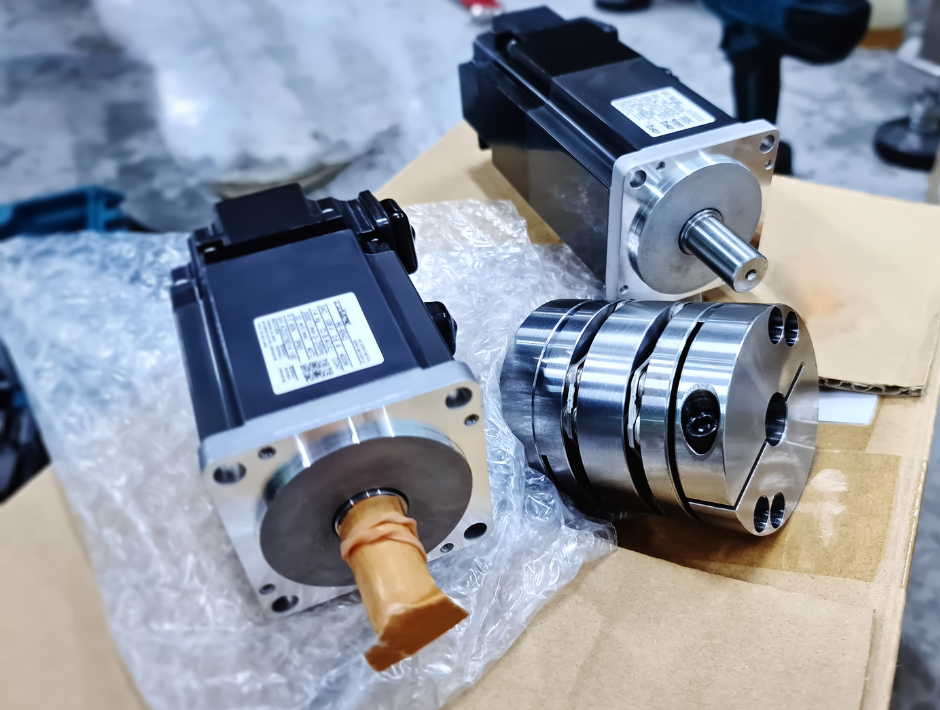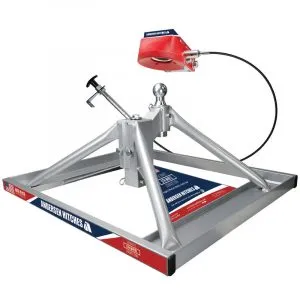Introduction
In the realm of modern manufacturing, servos and motors stand as critical components, driving a wide range of applications with precision and power. These elements are the workhorses of automated systems, playing a pivotal role in enhancing efficiency, accuracy, and productivity.
The Backbone of Automation: Motors and Servos
Understanding Servos and Motors
- Motors, in their various forms, are the driving force behind mechanical motion in manufacturing settings. They convert electrical energy into mechanical energy, powering everything from conveyor belts to complex machinery. Servos, a specialized type of motor, are designed for precise control of angular or linear position, velocity, and acceleration. They are widely used in applications where precision and control are paramount.
The Distinction Between Servos and Traditional Motors
- While traditional motors are chosen for continuous motion and high power applications, servo motors are selected for their precision and ability to maintain a specific position. Servo systems typically consist of a motor coupled with a sensor for position feedback, controlled by a sophisticated controller, often a Programmable Logic Controller (PLC) or a dedicated servo controller.
Key Use Cases in Manufacturing
- Assembly Line Automation
- In assembly lines, both servos and motors play crucial roles. Motors drive conveyor belts, transport systems, and other continuous motion machinery. Servo motors, with their precise control, are used in robotic arms and automated tools for tasks like picking, placing, and assembling parts with high accuracy.
- CNC Machines and Robotics
- Computer Numerical Control (CNC) machines heavily rely on servo motors. Their ability to precisely control the movement of the toolpath is essential for the accuracy of CNC milling, turning, and drilling machines. In robotics, particularly in robotic arms used for welding, painting, and assembly, servo motors provide the necessary precision and repeatability.
- Packaging and Labeling
- In the packaging sector, motors and servos are employed for various tasks. Motors power conveyor systems that transport products through the packaging line, while servo motors are used in precision tasks like placing labels, sealing packages, and handling delicate products.
- Material Handling and Logistics
- Automated storage and retrieval systems (AS/RS) and Automated Guided Vehicles (AGVs) in warehouses and distribution centers rely on motors for movement and servos for precise operations like picking and placing items, ensuring efficient material handling and logistics.
- Quality Control and Inspection Systems
- Servo motors are integral in quality control systems, where products are inspected for defects. They enable precise positioning of cameras and sensors to inspect products at various stages of the manufacturing process.
Advantages of Using Servos and Motors in Manufacturing
Precision and Accuracy
- Servo motors provide exceptional precision, essential for tasks that require exact movements, such as in CNC machining and robotic assembly.
Speed and Efficiency
- Motors enable high-speed operations in manufacturing, significantly enhancing productivity. Their ability to operate continuously at high speeds makes them ideal for tasks like conveyor operation and material transport.
Flexibility and Adaptability
- Servo motors offer flexibility in manufacturing processes. Their precise control allows for quick changes in production setups, facilitating rapid adaptation to different products or tasks.
Reduced Labor Costs and Human Error
- Automating tasks with servos and motors minimizes the need for manual labor, reducing labor costs, and mitigating the risks of human error.
Improved Safety
- Using motors and servos in hazardous or repetitive tasks increases workplace safety by reducing the need for direct human interaction in dangerous or monotonous operations.
The Future of Servos and Motors in Manufacturing
Technological Advancements
- Continuous advancements in motor and servo technology, such as improvements in energy efficiency, miniaturization, and integration with IoT devices, are expected to expand their capabilities and applications in manufacturing.
Integration with Industry 4.0
- As the manufacturing industry progresses towards Industry 4.0, the role of servos and motors is set to become even more integral. Their interconnectivity and data-gathering capabilities will be essential in creating smart factories with highly automated and efficient processes.
Customization and Personalization
- The demand for customized and personalized products is rising, and servos and motors are key in enabling manufacturers to meet this demand. Their flexibility and precision make them ideal for producing small batches of customized products efficiently.
Conclusion
Servos and motors are fundamental to the efficiency and success of modern manufacturing processes. Their roles in providing precision, speed, and flexibility are unmatched, making them essential components in the ever-evolving landscape of industrial automation. As technology continues to advance, the potential applications and capabilities of servos and motors in manufacturing are bound to expand, further revolutionizing the industry and paving the way for more innovative, efficient, and adaptable manufacturing solutions.





